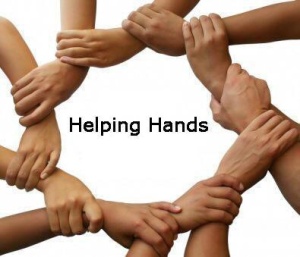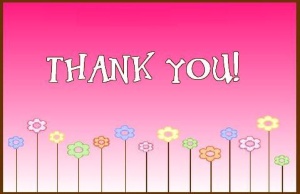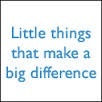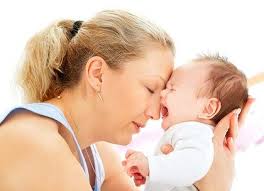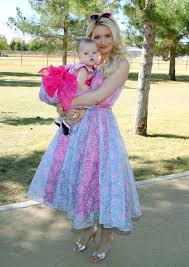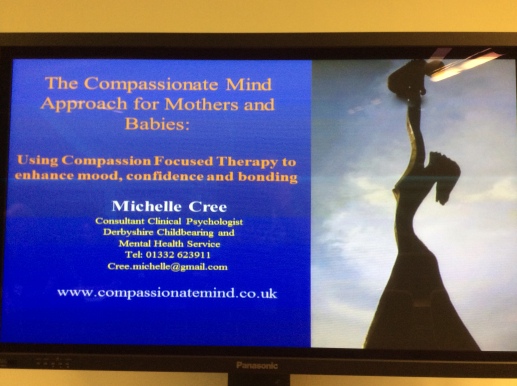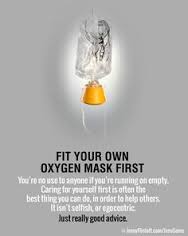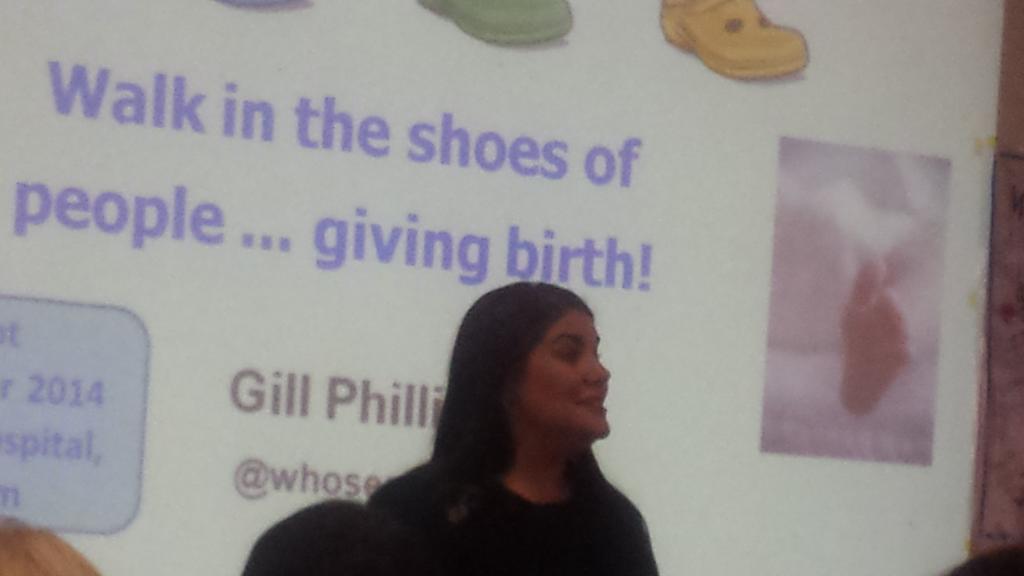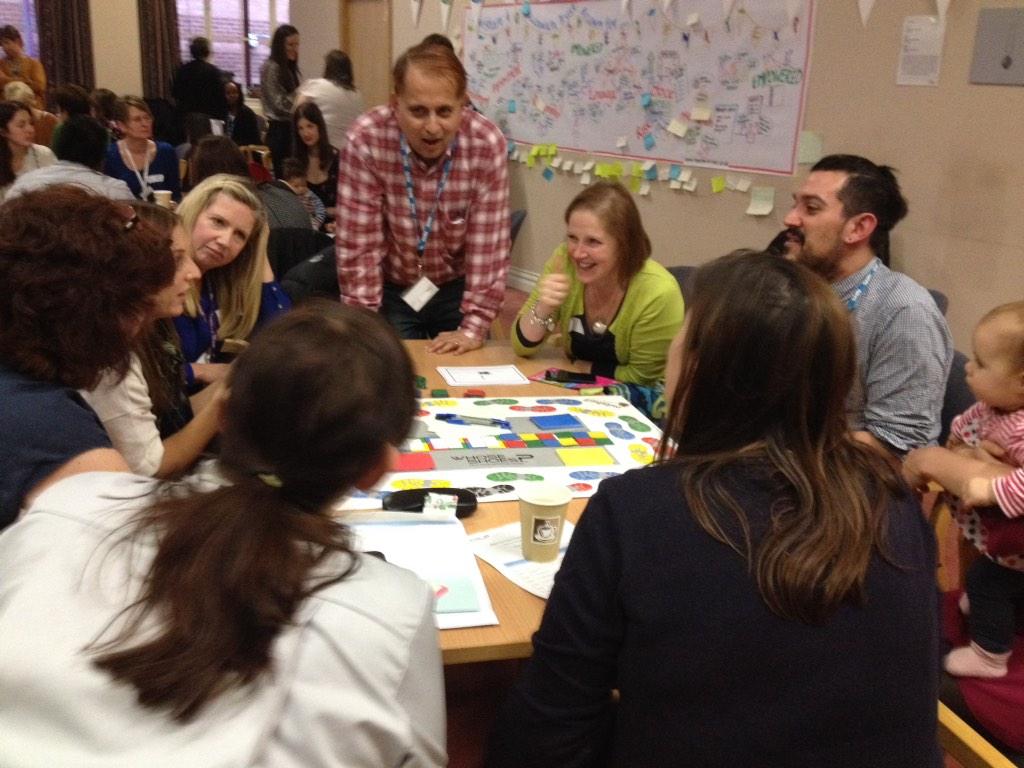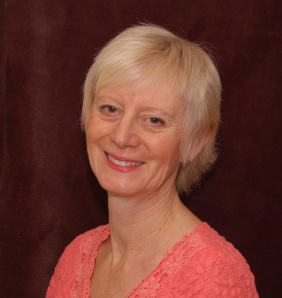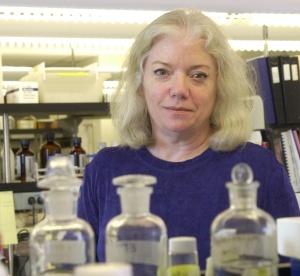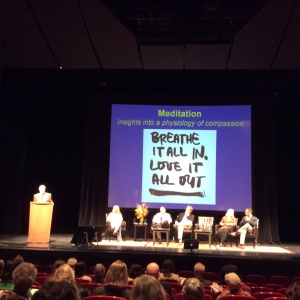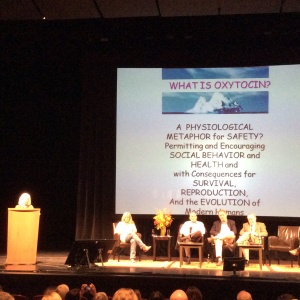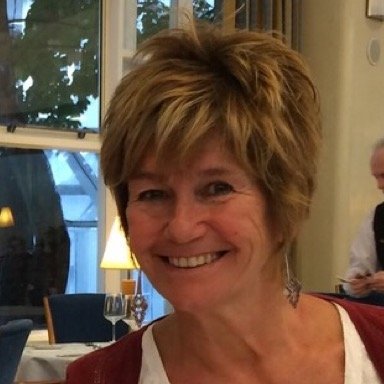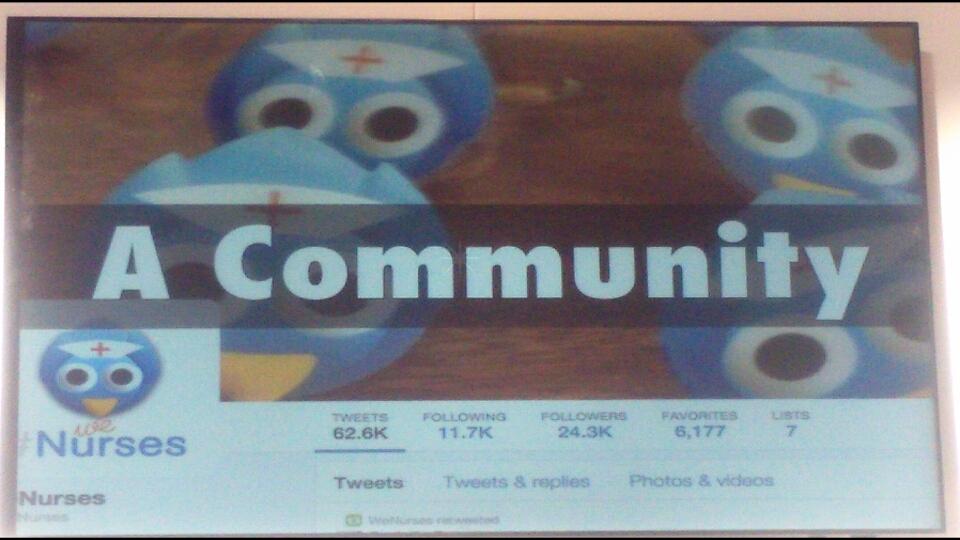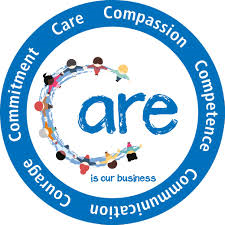In appreciation of compassion, support and friendship
This week I received some fantastic news! I have a PhD Studentship at Coventry University to do research into compassion in midwifery. I will join the inspirational Centre for Women and Families Applied Research Team within the Centre for Technology Enabled Health. I am of course absolutely delighted! But mostly I am surprised because it’s not the sort of thing I ever saw myself doing.
I have always believed in relationship-based care but it was this time last year that I started to get really interested in compassion and the impact it has on care and in particular midwifery care. I did not know then where this interest was leading but I found myself on a learning journey that was clearly going somewhere and now I am at the start of the next leg of that journey.
I want to send out a very big thank you to all the people who have supported me over the last year. Without them I would not have got to this point. It is the small but heartfelt acts of kindness and encouragement that have made such a difference. The patience to listen to my (often very disjointed) ideas and offer wise advice. the thoughtful reflection, encouragement and positive support. Women that I have cared for in labour sometimes tell me years later about how a little thing that I said or did made all the difference and helped them get through. I always find this surprising as it is usually something that I don’t particularly remember. it’s the little acts of kindness that make the biggest impact. I know what that feels like now. So I want to thank each and every one of you.
Firstly a big thank you to Sue Law at Coventry University who saw how obsessed I had become with the subject and suggested I talk to to Professor Jane Coad, which was a massive turning point. Thank you to my family, especially to Jem my husband who has listened to almost constant ‘compassion talk’ for the last year and been the most amazing sounding board for me and he encouraged me to go to Compassion Week in San Francisco, an amazing experience. My daughters, who quite frankly never know what I am going to come up with next, have also been unconditionally encouraging and supportive which I really appreciate. My sister Yvonne for her generous help and guidance. Some very special midwife colleagues and friends including Sue Dawson who started this compassion thing with me when we were working on the 6 C’s and to Mel and especially Rosie who introduced me to Paul Gilbert! Thanks also to those who have shown interest and offered some sound advice about how to move forward (thanks Gill!), Or just been there for me listening and being kind over a cuppa (thanks Queenie) or occasionally over oysters and prosecco (thank you Jane!).
I also feel part of a much bigger ‘family’ of support, my Twitterbuddies. You know who you are! I cannot possibly name you all because I would be worried about leaving somebody out and that would be bad because each and every one of you have helped me.
But come on it would be ridiculous not to mention @JennytheM!
It seems utterly incredible to me that it’s possible to feel so close to people, most of whom I have never even met! But you have been so supportive, positive and kind. The connection may be virtual but the support has been real. You have been priceless! Thank you all for your compassion, support and friendship.

